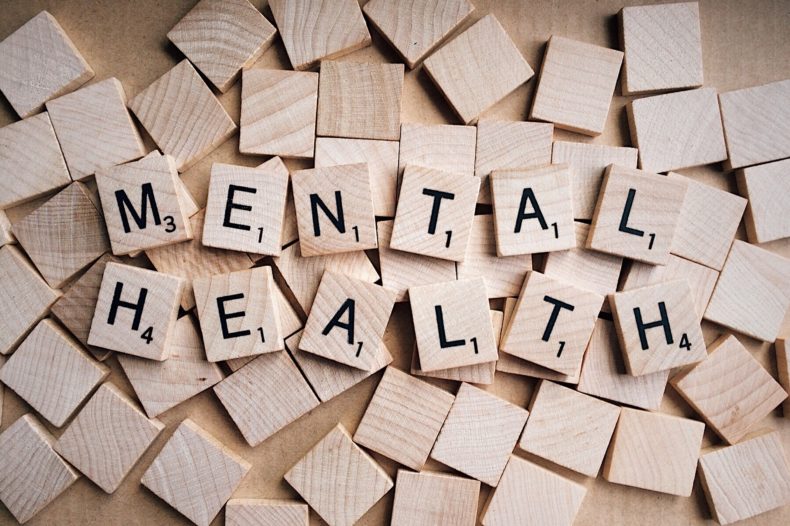The Winnipeg Mental Health Court is one of three problem solving courts in Manitoba, which include the Winnipeg Drug Treatment Court and the Thompson Domestic Violence Court. The idea is similar to that of the Winnipeg Drug Treatment Court, except with the focus on mental health instead of addictions, though these can often overlap.
The objective of the Winnipeg Mental Health Court is the rehabilitation of offenders in order to reduce their involvment in the criminal justice system. The mental health team provides support to offenders with mental health issues, develop treatment plans, and assist with addictions and homelessness.
How does the Winnipeg Mental Health Court work?
Referral and Application – If the offender’s lawyer believes their client is a good fit for the mental health court, they contact the assigned Crown Attorney. If the Crown Attorney agrees that the offender is a suitable candidate, the lawyer then assists their client completing the application form. While not necessary, a formal diagnoses by mental health professional and accompanying report is beneficial to include with the completed application form.
Screening by the Crown Attorney – Once submitted a Crown Attorney will review the application in consultation with the mental health treatment team. The review will include looking at the applicant’s mental health disorder, seriousness of the offence, prior record of violence, and community safety risks. The offender’s underlying cause for criminal behaviour must be his or her mental illness. The offender will not be accepted into the program if they are found to be ‘unfit’ or ‘not criminally responsible’ for the charges.
Admission into Mental Health Court – If found to be eligible, the mental health treatment team conducts a comprehensive assessment of the offender. Based on their assessment, a individualized treatment plan is developed to address the offender’s underlying mental health issue. The offender is required to enter a guilty plea to the charge(s).
Participation in Mental Health Court – The offender is required to regularly attend court in order for their treatment to be monitored. The offender is required to comply with directions and treatment of the mental health treatment team, take prescribed medications, not possess or consume alcohol and non prescription drugs, and submit to random drug testing. Participants who fail to participate or comply with the rules of the mental health court can be expelled from the program. If the offender is expelled from the program, their charges will return to the regular court process.
Completion of Mental Health Court – It typically take between 18 and 24 months for a participant to successfully complete the Winnipeg Mental Health Court program. Graduation criteria are based upon: length of treatment, criminal offences and mental stability. Upon graduation, the offender is either sentenced for their charge, or the charged are stayed (dropped). The sentence the offender receives is reduced to reflected their rehabilitation.
What is the effectiveness of the Winnipeg Mental Health Court?
Mental Health Courts in Canada are relatively new. An initial study published in the Canadian Journal of Community Mental Health indicated that offenders who participated in the Winnipeg Mental Health Court had reduced contact with the criminal justice system. This provides an optimistic view for the program and a basis for implementation of mental health courts across Canada.

